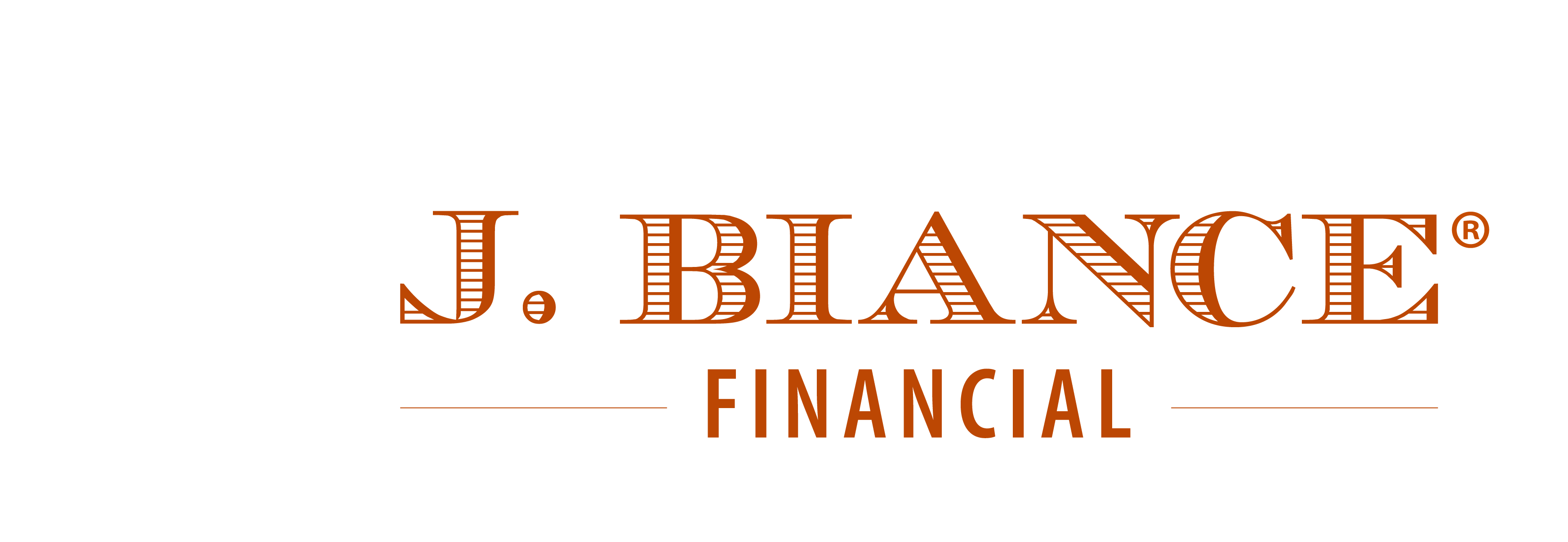If we rewind time back to the 80’s and 90’s, Americans were able to earn a reasonable rate of return at their local bank. Those rates were anywhere from 5-15%, depending on the year. That meant, if you had money in a certificate of deposit (CD), you were rewarded with a respectable interest rate. On the flip-side, if you were borrowing money, those rates were high. This deterred people from taking on unnecessary debt.

If you have money at the bank today, rates are just pitiful. However, let’s focus on what we can control. With low interest rates, we can adjust our sails and take advantage of this unique time. It may be a good idea to refinance our debts, especially mortgages. Here are a few tips to consider:
No-Closing Cost Mortgage Loans – These are for people who do not want to deplete their cash reserves. Consumers should be aware that these loans don’t magically make closing costs disappear. The costs are simply rolled into the loan amount, instead of the borrower bringing those funds to closing. This can mean that the loan has a higher interest rate and/or higher payment.
Closing Toward the End of the Month – Mortgages are paid in arrears, which simply means that the loan payment for April is due May 1st. Therefore, if you were to close on the 15th day of April, you would need to pay 15 days of daily interest. This is known as prepaid interest. Closing towards the end of the month could save you from paying unnecessary interest.

Remove Mortgage Insurance via Growing Equity in Your Home – If you put down less than 20% when you purchased your home, you were most likely forced to have mortgage insurance. Real estate values have been growing at a breakneck pace and therefore, your equity may exceed 20% of your home value, allowing you to remove that mortgage insurance bill.
I reached out to a colleague, Michael Andrews, who is Branch Manager at Supreme Lending and he had the following advice to share, “if your mortgage rate is more than 4%, it is probably a good time to look at refinancing. Our goal is for the customer to recoup their closing costs in 2-3 years. After that point, the customer is saving money month after month, for as long as they own the home. The one nuance to mention is the borrower would need to stay in their current home for at least two years for this to make sense.”

Comprehensive wealth management involves all of the many facets that affect pre-retirees and retirees. This includes looking at ways to help reduce financing costs, like mortgages. Another way is to review homeowner’s insurance policies, at least on an annual basis. Simple strategies like this can have a profound impact on your bottom line.
If you would like a clear and simple process that walks through all of these questions that pre-retirees and retirees often have, please give us a call at (863)304-8959. We look forward to helping you build a plan that allows you to focus on the important things in life.
Investment advisory services offered only by duly registered individuals through AE Wealth Management, LLC (AEWM). AEWM and J.Biance Financial are not affiliated companies. 712817-9/20


